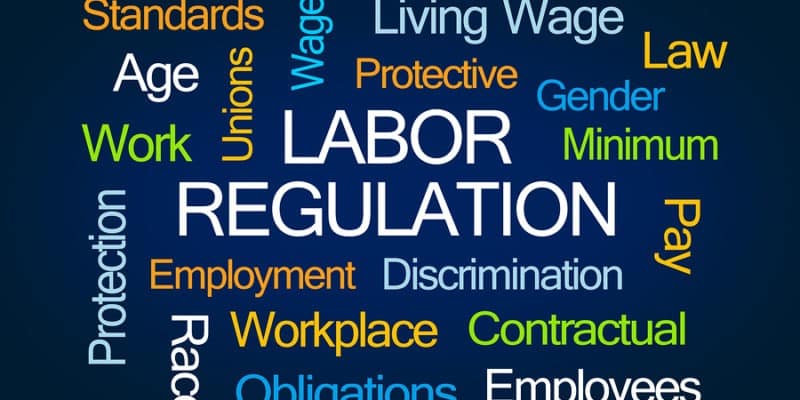By Patricia Sullivan
Dec. 12, 2019 at 2:10 p.m. EST
A union is charging that employers at six construction projects that will house Amazon employees or operations in Northern Virginia have evaded federal and state taxes by misclassifying workers, failing to carry workers’ compensation coverage and avoiding overtime pay.
In a 24-page report based on its own investigation, the Eastern Atlantic States Regional Council of Carpenters alleges multiple violations of federal labor law by general contractors, subcontractors and labor brokers who supply workers for projects owned and managed by four development companies and intended for Amazon.
(Amazon founder and chief executive Jeff Bezos owns The Washington Post.)
If true, the allegations would raise the profile of the issue of labor law violations in Virginia, a right-to-work state, just as Amazon is seeking approval before the Arlington County Board for building its own headquarters on property it has purchased in the Pentagon City neighborhood.
The board is scheduled to vote on that proposal on Saturday.
JBG Smith Properties, which owns three of the six properties that the union cites, said in a statement Thursday that it cannot respond to specific claims since it has not seen the union’s report.
“That said, when JBG Smith is made aware of these types of claims, it works closely with its general contracting partners to ensure they are rectified,” the statement said.
Owners of the other locations could not be reached for comment.
Three of the structures under renovation are temporary space for Amazon employees in Arlington until their permanent headquarters is built. A warehouse in Springfield and data centers in Manassas and Sterling are also cited.










